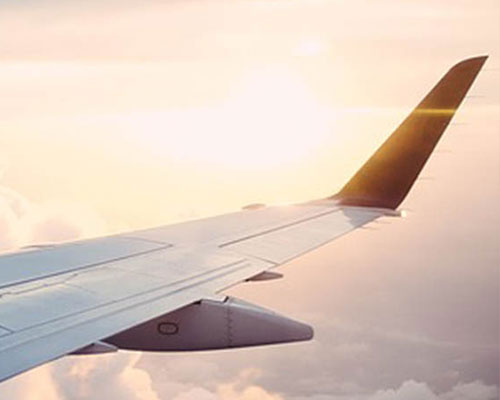Tooth Squeeze is it Affecting You When You Change Altitude?

If you have never heard of Tooth Squeeze, you are not alone. Most people have no idea that altitude can affect your teeth just like your ears.
When your ears pop after move to higher ground or dive into the depths of the sea, your teeth could be expanding and popping as well causing Tooth Squeeze.
What is Tooth Squeeze?
According to Dentistry for Health NY, Tooth Squeeze occurs when gases expand and extract. This occurs to match pressure levels. Because all air is gas, any air pockets inside of your teeth will contract or expand. These changes do occur under normal circumstances, but are too minute to notice. However, under water, on an airplane or the highest mountaintop will intensify the effects on your teeth.
Also referred to as barodontalgia, it is most common in mountain climbers, pilots, and scuba divers. However, Tooth Squeeze can affect anyone who likes to experience extreme environments.
Why Is Air in My Teeth?
People with healthy teeth are less likely to suffer from Tooth Squeeze. Barodontalgia is more likely to occur if you have tiny leaks around dental crowns, dentures, or dental fillings. Leaky dental restorations allow air to enter into the tooth. Just another reason to call your holistic dentist in New York for safe silver amalgam filling removal.
Who is at Risk for Tooth Squeeze?
People who experience atmospheric pressure changes on a regular basis are more likely to be affected by barodontalgia. Some of these people include:
- Scuba Divers
- Air Crew
- Pilots
- Submariners
- Mountain Climbers
- Airline Passengers
According to Dr. Reid Winick from Dentistry for Health NY, you are less likely to have problems with your teeth if they are intact and healthy. If you have old leaky dental restorations, broken, cracked, or chipped teeth, you have a higher risk of being affected by barodontalgia.
What Does Tooth Squeeze Do?
The effects of Tooth Squeeze can vary from person to person but include:
- Loose Dental Restorations
- Tooth Pain
- Root Infection
- Inflamed Tooth Pulp
- Bleeding Gums
- Broken Teeth
- Dental Cysts
What you Can Do About Tooth Squeeze
Your holistic dentist in New York recommends regular dental exams. Dentistry for Health NY will thoroughly examine your teeth checking for any leakage, which could cause barodontalgia. Your dentist in New York will also discuss safe removal and replacement of your silver amalgam fillings, crowns and other restorations.
Dentistry for Health NY cannot stress the importance of good oral hygiene. Brush twice and floss once each day to keep plaque and tartar under control to avoid Tooth Squeeze. Enjoy a healthy diet full of calcium, fruits, and veggies and use an antibacterial mouth rinse.
Wait at least 24 hours before you scuba dive, fly, climb a mountain or drive. If you have had oral surgery, ask your dentist in NY when you can travel again.
If you would like more information regarding Tooth Squeeze, schedule an appointment with Dentistry for Health NY.